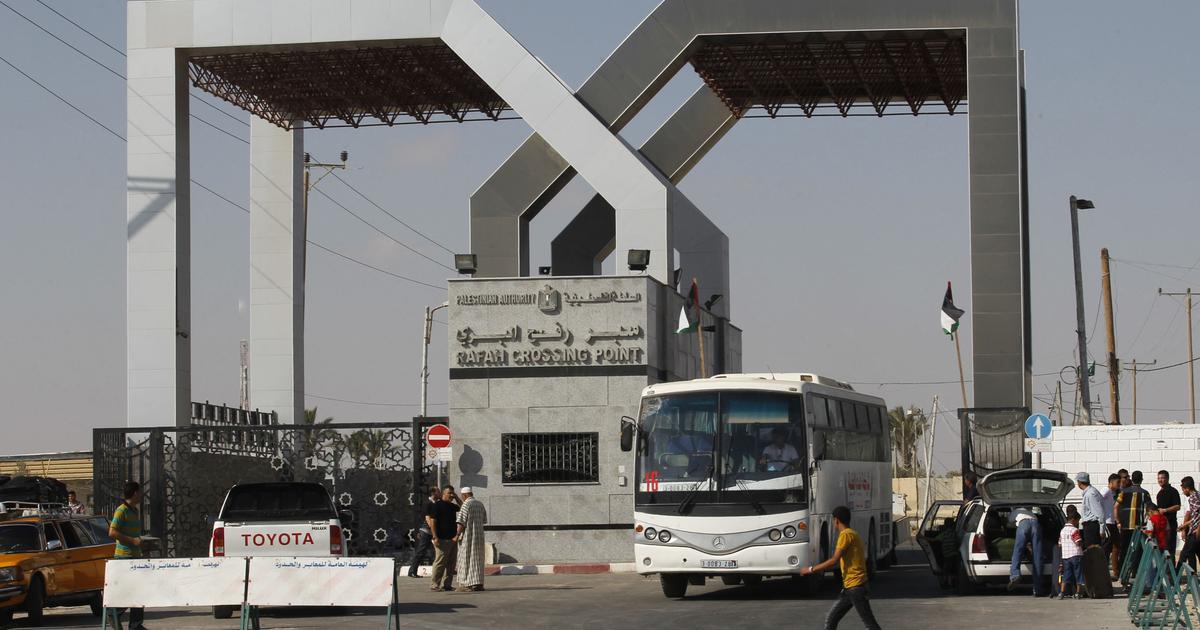Egypt Hosts High-Level Talks on Rafah Border Reopening
On Sunday, June 2, Egypt will hold a crucial meeting with Israel and the United States to discuss the reopening of the Rafah border crossing to the Gaza Strip. According to Al-Qahera News, a channel close to Egyptian intelligence, Egyptian authorities demand a total Israeli withdrawal from the Rafah terminal, which is currently a key conduit for humanitarian aid into the war-torn Palestinian region.
Blockage of Humanitarian Aid
The current blockade on humanitarian aid has been a point of contention since the Israeli army began ground operations on May 7, taking control of the Rafah crossing point on the Palestinian side. Egypt and Israel have since engaged in a blame game over responsibility for the blockage. Egyptian authorities have refused to manage the crossing in coordination with Israeli forces, opting instead to work with international or Palestinian authorities.
Intensive Diplomatic Efforts
The meeting in Cairo aims to discuss the reopening of the Rafah border and hopes to pave the way for a resumption of negotiations aimed at achieving a truce in the Gaza Strip. This initiative comes in the wake of a multi-phase plan proposed by US President Joe Biden, which includes a ceasefire in the Gaza Strip. Biden, who unveiled the plan on May 31, emphasized that 'it was time for this war to end' and considered the plan an opportunity not to be 'missed'. The roadmap was submitted to Palestinian Hamas through Qatar.
- The involvement of high-level mediators from the US, Egypt, and Israel underscores the urgency and importance of reopening the Rafah crossing for humanitarian purposes. Citing a senior official, Al-Qahera News highlighted Egypt's 'intensive efforts' to foster a resumption of peace negotiations based on the recent American proposal.
- The successful reopening of the Rafah crossing could serve as a symbolic and practical step towards easing the humanitarian crisis and might lay the groundwork for longer-term peace discussions. Previous efforts have often been stymied by deep-seated mistrust and ongoing conflicts, making any forward movement in reopening the crossing a sign of cautious optimism.






